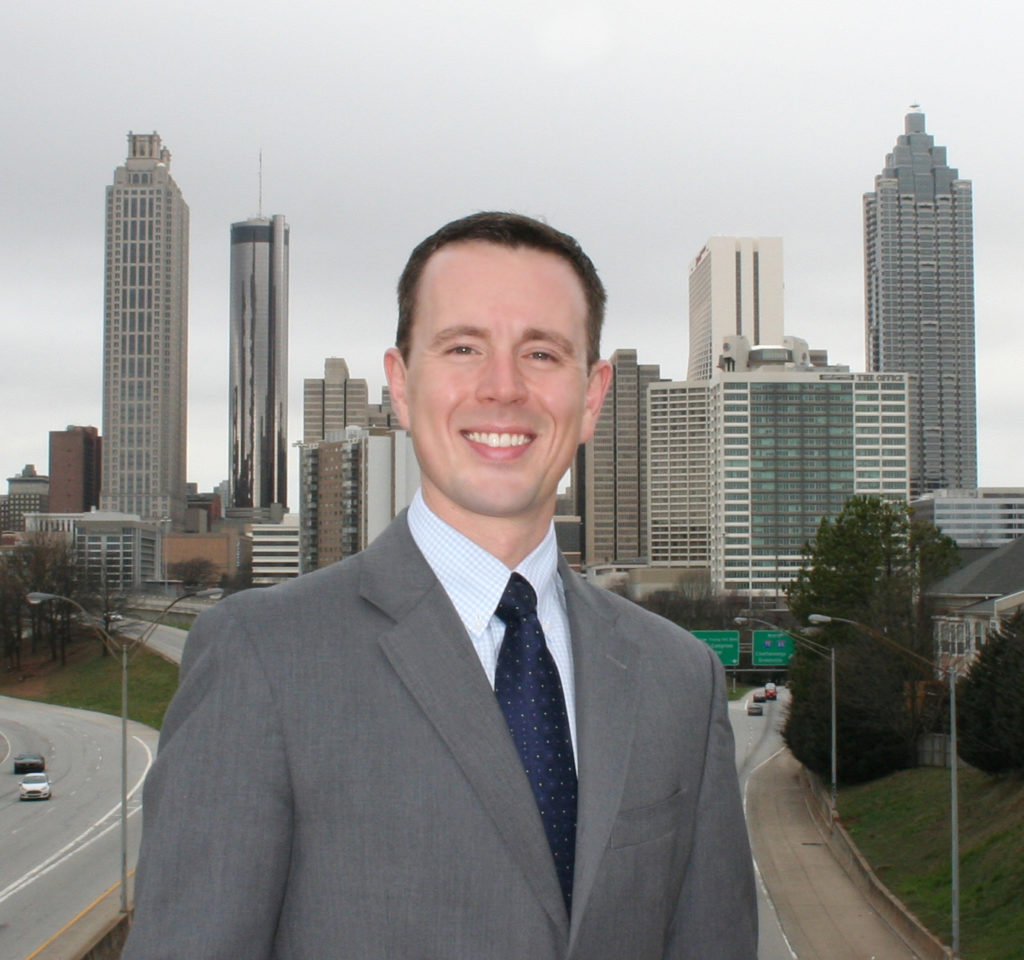
The following article is an opinion piece and reflects the views of only the authors and not those of AllOnGeorgia.
Marc Hyden is the Director of State Government Affairs at the R Street Institute, and he is a longtime Georgia resident. You can follow him on Twitter at @marc_hyden.
The southeastern United States breathed a sigh of relief as hurricane Dorian weakened and mostly skirted the coast. While the region still incurred damage, had Dorian retained its strength and shifted slightly, locals’ worst fears may have come to fruition.
If Dorian had hit at full force, Georgia, Florida and the Carolinas could have experienced countless deaths, widespread destruction, business closures, homelessness and long-term displacements. Thankfully, the Southeast is largely prepared for the immediate aftereffects of many hurricane-related scenarios. This includes having the strategies, personnel and infrastructure in place to conduct search-and-rescue operations and provide temporary assistance to those in need.
While equipped to handle many primary concerns, Georgia — and the Southeast in general — could better prepare for some secondary effects of natural disasters. This includes addressing employment barriers that people displaced by such events often encounter.
Consider this: Georgia, Florida and the Carolinas issued mandatory evacuation orders for those in high-risk areas, and many of these locals wisely fled town and rented a hotel or stayed with friends and relatives out of state. Since Dorian didn’t result in a doomsday event for the United States, evacuees can mostly return home and to their jobs.
Had Dorian been what everyone feared, however, many of these individuals could have been stranded outside of their home state indefinitely without the ability to make a living. That’s because nearly 30 percent of Americans must have an occupational license to work, and most licenses are state-specific, meaning they do not permit individuals to work across state lines.
To do that, workers would need to meet other states’ licensing criteria and pay additional fees — which are considerable — for the privilege of working there. Georgia, for instance, requires on average $185 in fees, the passage of a couple exams, and 464 days of education in order to obtain a license to work. The burden of clearing these hurdles after being displaced by a natural disaster would be daunting.
To prepare for future natural disasters, southeastern states ought to focus on adopting policies to help those who are displaced. Legislators could do so by looking to California and Arizona. In response to the recent wildfires out west, California State Sen. Mike Morrell drafted legislation to help those affected by natural disasters. If ratified, the measure would direct occupational licensing boards to develop rules to reduce or eliminate licensing fees for those displaced due to a state of emergency.
Arizona, meanwhile, went a step further. Gov. Doug Ducey signed a bill that recognizes all out-of-state licenses, regardless of whether there is a state of emergency. This means that anyone with an appropriate occupational license can enter the state and work there without obtaining an Arizona-specific license.
Both the Arizona and California models show great promise, but it remains to be seen whether southeastern legislatures will adopt similar measures. Nevertheless, something needs to be done. It will take bold, creative solutions to help those affected by disasters, and Georgia is primed for a positive change.
Gov. Kemp has been keen on reducing barriers to work for individuals and small businesses. Indeed, he freely admits that one of his primary goals is to “cut government red tape, slash regulations, spur innovation, and ultimately make Georgia the top state for small business in the country.” In other words, he wants to make it easier for people in Georgia to go to work and thrive.
He’s worked toward these objectives, too. Earlier this year, he signed a bill forbidding the state from suspending the licenses of those in default of their student loans. He also formed the Georgians First Commission, which will address burdensome occupational licensing requirements among other things. Gov. Kemp tasked the commission with reviewing “state regulations, policies, and procedures to streamline government, [and] remove inefficiencies.”
This is a worthwhile goal, and while the commission and the governor are off to a great start, they have their work cut out for them; many areas deserve their attention. A good place to begin, however, is ensuring those who are uprooted by natural disasters can more easily get back to work.


Chattooga Local News
TRION PUBLIC LIBRARY RECEIVES NATIONAL GRANT FOR SMALL AND RURAL LIBRARIES

Bulloch Lifestyle
41st Annual ArtsFest at Sweetheart Circle Saturday, April 20

Bulloch Public Safety
04/19/2024 Booking Report for Bulloch County

Bulloch Lifestyle
Adoptable Pet of the Week Re-Feature: Tucker

Georgia News
Kemp Signs Historic Tax Cut Package Into Law

Bulloch Public Safety
03/25/2024 Booking Report for Bulloch County

Bulloch Public Safety
04/09/2024 Booking Report for Bulloch County

Bulloch Public Safety
04/01/2024 Booking Report for Bulloch County

Bulloch Public Safety
04/08/2024 Booking Report for Bulloch County

Bulloch Public Safety
04/15/2024 Booking Report for Bulloch County



